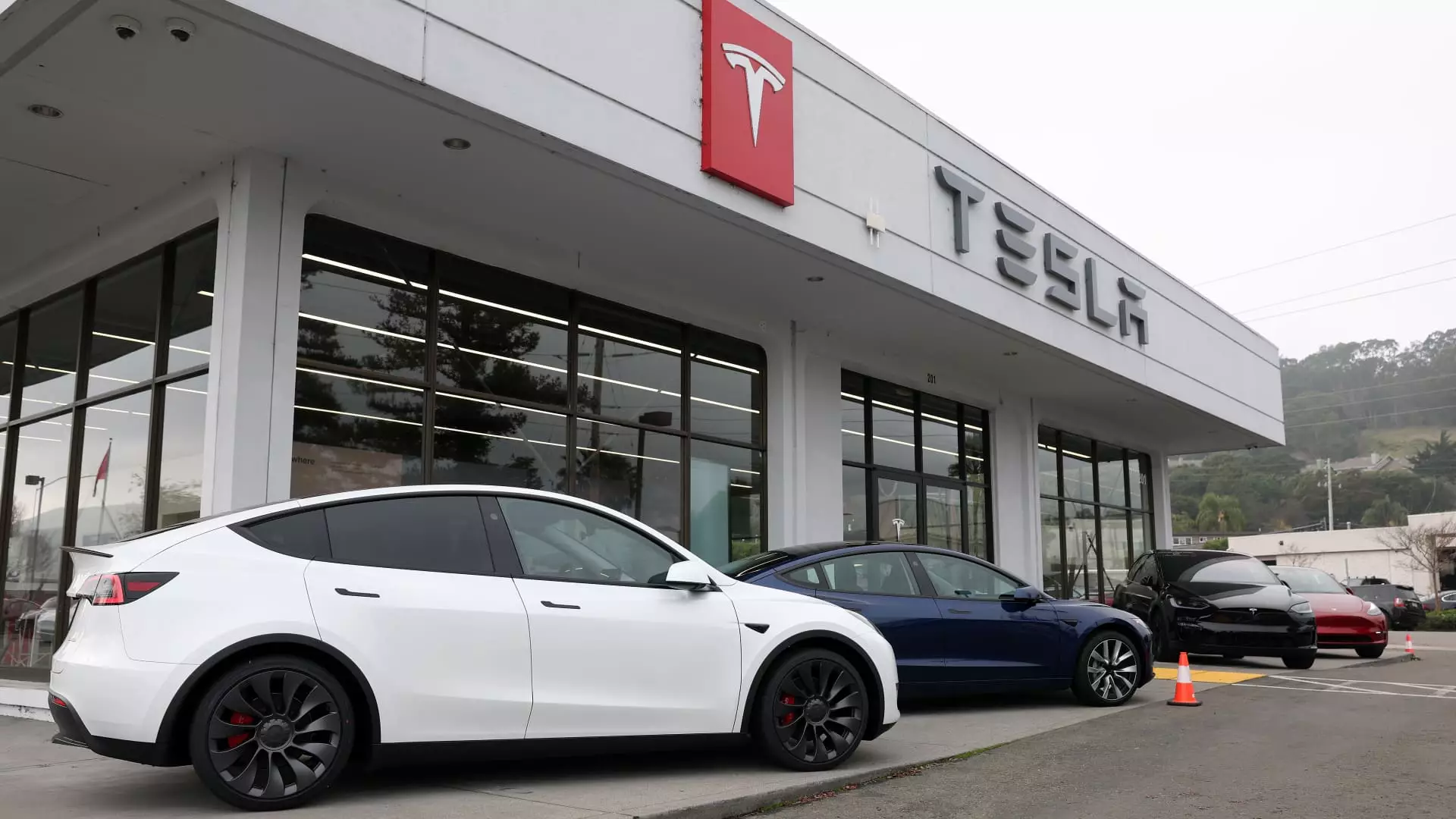Tesla has announced a significant recall involving 376,241 vehicles, primarily affecting its Model 3 and Model Y lines. This proactive measure aims to address concerns surrounding the power-assisted steering systems in cars produced between February 28, 2023, and October 11, 2023. The recall has been made public through filings on the U.S. National Highway Traffic Safety Administration (NHTSA) website. The vehicles implicated in this recall are equipped with older software that could potentially malfunction under specific conditions, posing a risk to driver safety.
The core issue with the affected vehicles lies in the printed circuit boards within the steering systems. If these components become overstressed, they could lead to a failure in power assist when the vehicle transitions from a stopped position to acceleration. This failure means that drivers might have to exert additional effort to steer their vehicles, significantly heightening the risk of accidents. Although Tesla reported no instances of crashes or injuries linked to this defect, the implications of such a failure are grave and warrant immediate attention.
In response to the identified issue, Tesla intends to implement a remedy through an over-the-air software update. This modern approach to vehicle maintenance demonstrates Tesla’s commitment to leveraging technology for swift resolutions, reducing the need for physical recalls. This method not only simplifies the remediation process but also aligns with Tesla’s ethos of innovation, allowing cars to evolve without the traditional constraints of in-person servicing.
The recall is not isolated; it is reflecting a landscape filled with scrutiny surrounding advanced automotive technologies. Automakers, including Tesla, have increasingly integrated complex systems into their vehicles that promote autonomous driving capabilities. Yet, this technological optimism is shadowed by concerns over safety and reliability. As Tesla’s Autopilot and Full Self-Driving options come under increasing investigative glare from federal regulators, the tension between innovation and safety regulation is palpable. The NHTSA has been scrutinizing these technologies intensively, impacting how companies like Tesla evolve their systems.
Additionally, it’s noteworthy that Tesla’s relationship with regulators is colored by broader political maneuvers. CEO Elon Musk’s appointment by former President Donald Trump to lead workforce reductions within federal agencies, including the NHTSA, has raised eyebrows. Musk’s efforts to streamline regulatory frameworks might curtail the agency’s ability to scrutinize Tesla’s operations effectively, creating a dichotomy between regulatory oversight and corporate agility.
Tesla’s decision to recall vehicles for a steering issue reflects both the complexities of modern automotive engineering and the company’s agile response to safety concerns. As the automotive industry continues to push boundaries with innovation, the balance between consumer safety and technological advancement remains crucial. The forthcoming software updates could mitigate risks, but the broader implications for regulatory scrutiny and corporate accountability will undoubtedly need to be addressed to maintain public trust in these advancements.

